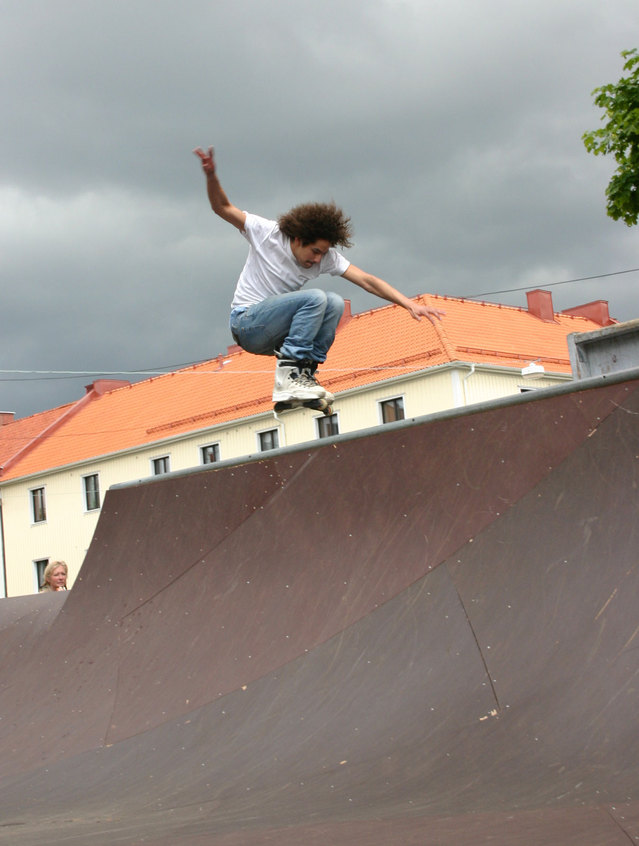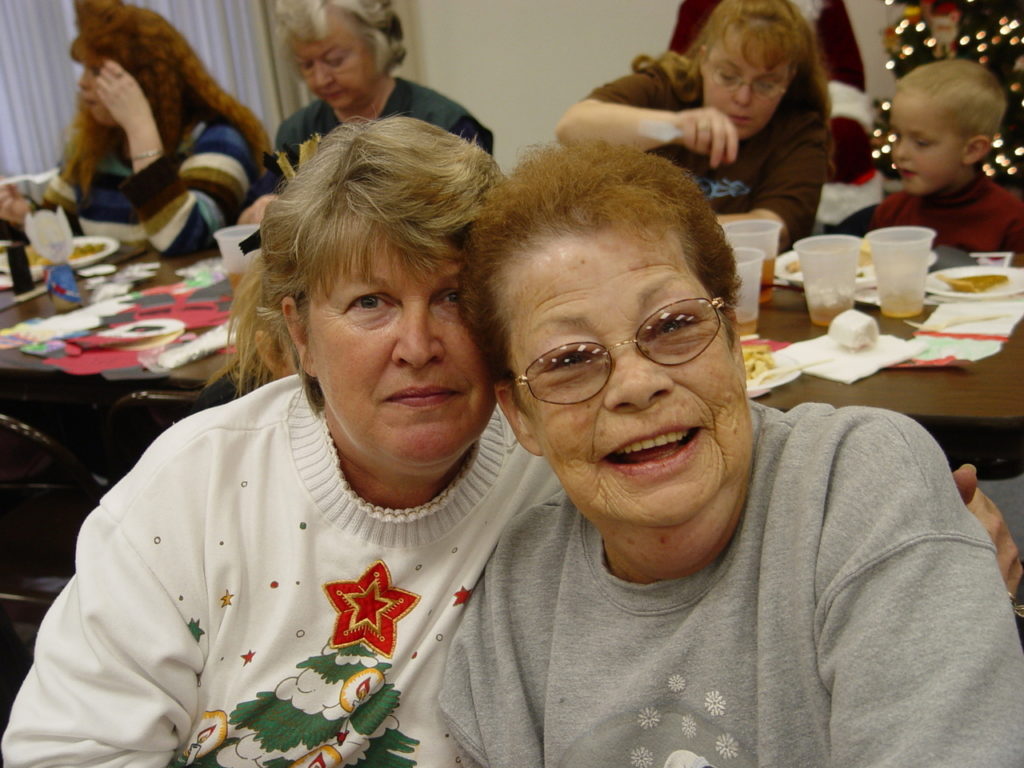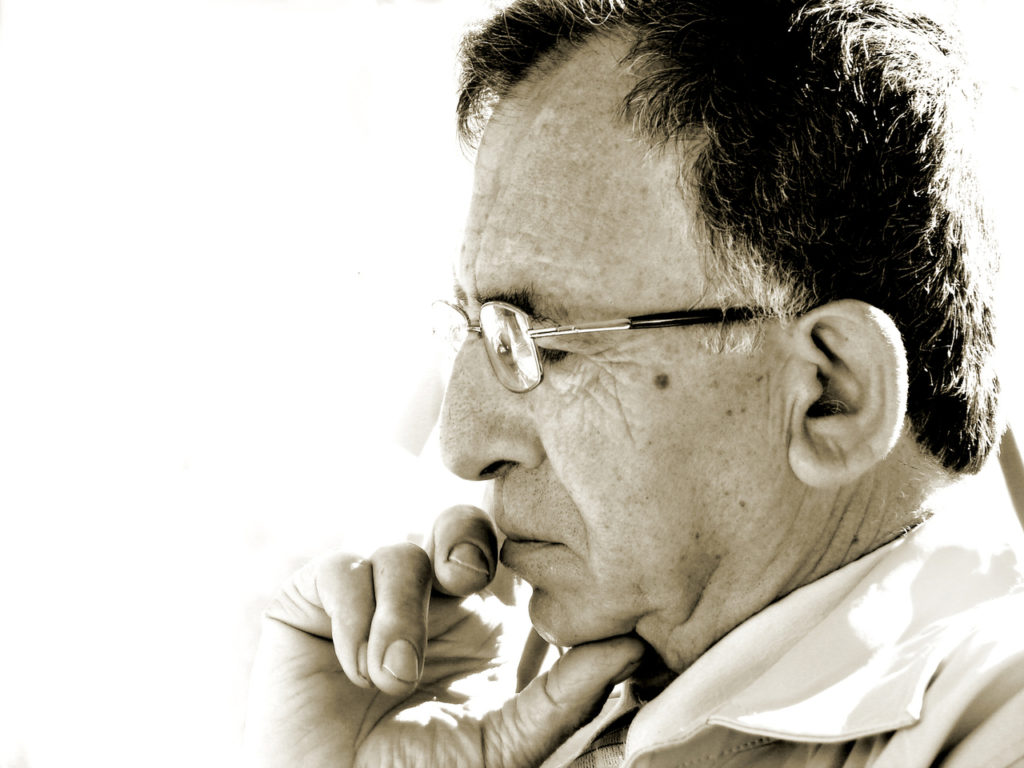
I’ve been hearing a lot about the transformative nature of the covid-19 pandemic, and how we’re all waiting for the moment when we can restart our lives — perhaps leaving some of our old priorities behind and creating new ones. Some say we’ll be more choosy about what we allow back into our lives, and more focused on preparing for our uncertain future.
I used to think a lot about my next iPhone upgrade, or what kind of tires I would buy for my car. But those things suddenly seem less important. Instead I’m wondering if I’ll have a job in a few months, and how my aging parents are getting along in their self-isolation. Instead of buying new things, it suddenly feels like a good time to begin building reserves to help us get through the next phase of life — whatever that means. When facing the unknown, it certainly can’t hurt to have reserves of health, strength, wealth, and friendship, so that we can move and adapt quickly to changing circumstances.
I have a friend who used to joke that he kept a dirtbike in his garage so that when the shit hit the fan he could grab a backpack full of provisions and drive up to Canada, on back roads if necessary. In a weird way I admire his preparedness — and his agility. He has a plan B if the roads are closed, food and water supply constricted, and public panic ensues. My friend may sound crazy, but his mobility is not dependent on one source. When it comes to transportation, he’s a bit more agile than most.
But we don’t all need to be survivalists. Agility is best achieved by a simple change of mindset. By a decision to start building reserves of wealth, health, strength and friendship to help us quickly adapt to the unexpected.
Financial Agility

The author and blogger Jacob Lund Fisker talks about a concept in systems theory called loose coupling and tight coupling. If a person receives a paycheck for $1,000 each month, and spends exactly $1,000 on rent, food, and utilities each month, their system is considered tightly coupled. If one aspect of their environment changes — such as a job loss, or an increase in the price of rent — their system fails.
However, if that same person has an additional $2,000 saved in a bank account for emergencies, they are able to continue with minimal interruption when some part of their environment changes. Their system is loosely coupled, and more agile. This is one of the foundations of financial competence. A buffer, or “emergency fund,” as some call it, is not just there to help you sleep better at night. It’s a functional component of your financial system that works for you day and night to absorb the small and large shocks to your system.
As a self-employed composer, a parent, and a husband, I have tried to make decisions that lead me toward a more agile lifestyle —one that can withstand the sudden shocks the life offers — not just financially, but to our health and well-being.
It sounds simple, but building a savings account buffer is not as easy as it sounds. It begins with adopting the golden rule of financial competence: spend less than you earn.
It’s also one of the most difficult rules to implement, and I know this from personal experience. Over my 18 years of self-employment as a graphic designer, computer programmer, writer, editor, and composer, I have always managed to spend my entire monthly income — and a little bit more. It’s only recently that I began to prioritize having agility and resilience instead of things.
A turning point was our decision to forgo air conditioning in our house. After a particularly hot summer we collected several bids for a central AC unit, and settled on the lowest for $6,000. After much agitation, we agreed to hold off instead of using our savings. Having that $6,000 available for something unseen now seems more important than having a cool house. The result of this exercise is that we’ve taken the time to understand the rhythms of our house and the weather, and learned how to appropriately time the opening and closing of doors and windows for ventilation — and we’re much more comfortable than before.
When faced with the problem of a hot house, we had two choices: spend money, or find a creative solution. It turns out that creative solutions are everywhere, and finding them has become a fun game for our family. Our savings have increased, and we’re learning the joys of pursuing hobbies and activities that don’t necessarily require spending money.
PS: This solution works in Portland, but not necessarily somewhere that actually gets hot, such as Texas.
Financial agility may also include the type of job you choose, and the overhead involved for both your health and the environment. A job with an unnecessarily long commute, or with a lot of stress may not be worth it in the long run. Shoring up your finances by saving up an emergency fund and keeping your debt low will give you more freedom to switch jobs if necessary. And switching from a stressful job can be a great way to start improving your health.
Agility in health

Health agility means building a similar “rainy-day” fund inside your own body. Through strength training, wise eating, and attention to managing your health and wellness, you give your body a head start against injury or illness. It’s true that no amount of careful eating or exercise can entirely protect you, but a person who is fit will have an advantage both physically and psychologically when difficulties arise.
If you’ve been waiting to start eating well and getting fit, now is the time to do it. The Department of Health and Human Services recommends at least 150 minutes of moderate aerobic activity, or 75 minutes of vigorous aerobic activity per week, or a combination of moderate and vigorous activity. These recommendations are for healthy adults, but consult your doctor before beginning any new exercise program.
You don’t need to join a gym or buy fancy equipment to get in shape. My wife and I work out three days per week on our own driveway (much to our neighbors dismay. ) For our equipment we have one set of barbells we purchased on Craiglist, two foam mats, and three or four rubber bands from Goodwill.
When it comes eating, there are way too many confusing and conflicting opinions. But I believe as humans we have an innate understanding of our own bodies, and we instinctively know if we are on track with our eating habits. Talking to your doctor, and assessing your current health can be a great opportunity to set goals for your diet. I personally have chosen to put my faith in a vegan diet, as a way of helping lower my cholesterol and increasing my energy.
Agility in community

An overlooked source of agility in our lives is our circle of family and friends, and our extended network of colleagues, neighbors, and acquaintances. It sounds cliche, but ultimately our stability and happiness is not in our own control, it’s a shared property. Teach others how to do the things you do. Reach out to both ask for, and offer help. These efforts will help build a stronger, more agile community, better able to withstand the shock of a disaster such as the pandemic.
Psychological agility

Wouldn’t you like to have a reserve of clearheadedness and goodwill that you could draw upon, or share with others at will?
Exercise will help with psychological agility, but so will mindful relaxation, avoiding too much news or social media, and eating well.
One of my favorite tricks to reduce my stress is to leave my phone turned off in the morning while I make coffee, and start my work day media-free. Even if I need to use a computer, I’ll avoid looking at the latest news, and just keep focused on the task at hand. By mid-day I’m ready to check voicemail, texts, and email. But by this point I’ve started off my day right, and have been way more productive than if I had opened up my phone first thing.
Prepare to be agile
Nobody would ever choose a pandemic and all of its misfortune to teach or illustrate a point, but since we have one, perhaps we should heed the wake up call. The world is urging us to be prepared in health, wealth, and friendship, for all that may lie ahead. It is reminding us of what we already knew deep down: reducing our dependence on things, and increasing our interdependence with the people can help build a stronger, more agile community, better able to withstand the shock of the unexpected.